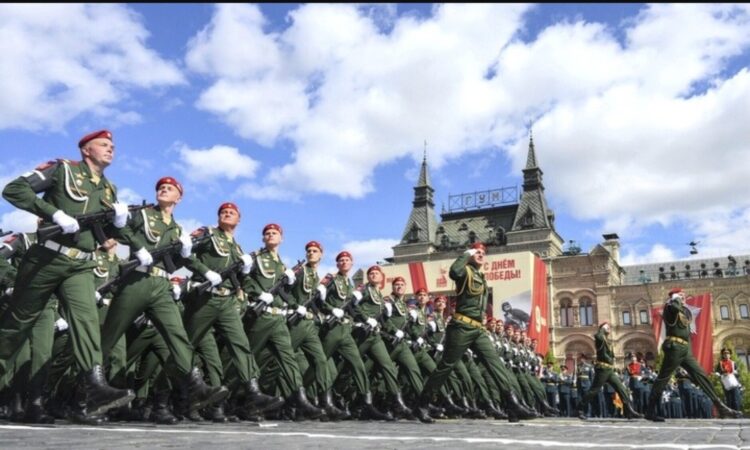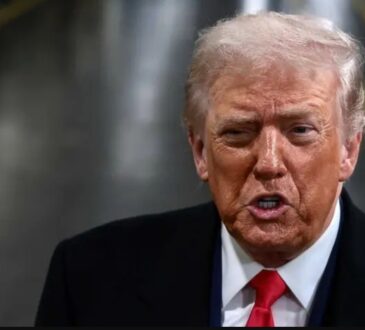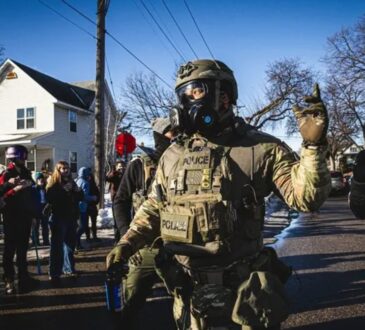
General Sir Roly Walker, the head of the British Army, has issued a stark warning about growing security threats facing NATO, emphasizing that the alliance is running out of time to prepare for potential conflict. Speaking at the Royal United Services Institute in London, Walker said the biggest challenge is a “lack of time” and called for a heightened sense of urgency to respond to emerging dangers, particularly from Russia.
Concerns have been mounting among NATO officials that Russia could pose a major threat to the alliance within the next few years. Intelligence assessments, including one from Denmark’s Defense Intelligence Service, suggest that Russia may be capable of launching a large-scale war against NATO within five years if U.S. involvement in European defense decreases. Ukrainian intelligence adds that Russia could be ready to strike Europe two to four years after the end of the Ukraine war—possibly sooner if international sanctions are lifted.
Although Russia’s ground forces have suffered significant losses in the prolonged conflict with Ukraine, much of its air force and navy remain intact. Satellite imagery reveals that Russia is expanding its military infrastructure near the Finnish border, raising further concerns among NATO allies. Finnish defense officials report being acutely aware of increased Russian activity close to their territory.
Beyond conventional threats, NATO countries are also facing increased hybrid warfare tactics from Russia, including the sabotage of undersea infrastructure in the Baltic Sea. These covert actions are seen as part of a broader strategy to destabilize Western alliances without triggering open war.
Spurred by pressure from Donald Trump’s administration, NATO members have pledged to ramp up defense spending, which had declined since the end of the Cold War. Trump has criticized European countries for failing to meet the alliance’s 2 percent GDP spending goal and has even suggested encouraging Russian aggression against countries he claims don’t pay their fair share. His advisors have floated a new defense spending benchmark of 5 percent of GDP for NATO members, even though the United States itself does not currently meet that level.
Amid this tense backdrop, the U.S. has signaled plans to reduce its military footprint in Europe, leaving European nations under pressure to boost their own military capabilities. General Walker acknowledged the message from Washington, saying, “We got the memo. It took a couple of attempts, but we got it.” His remarks reflect a growing awareness in Europe that it must take more responsibility for its defense in an increasingly volatile geopolitical environment.




